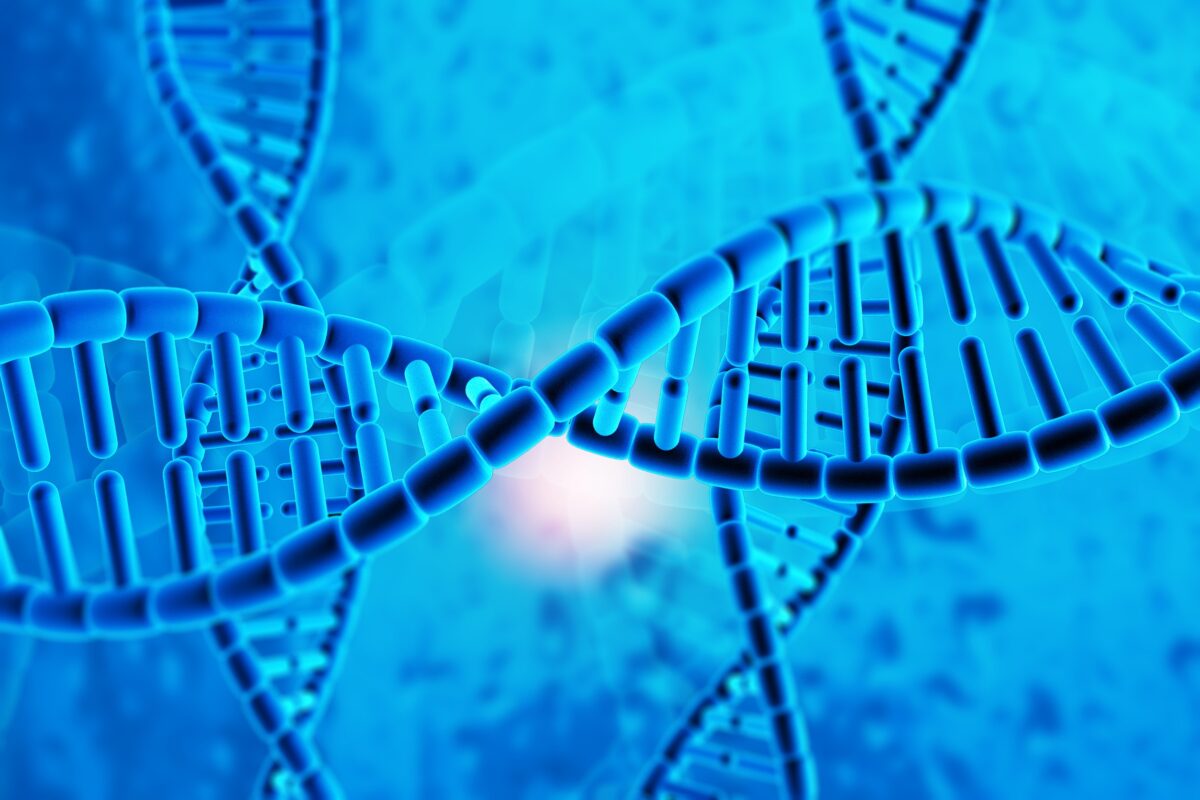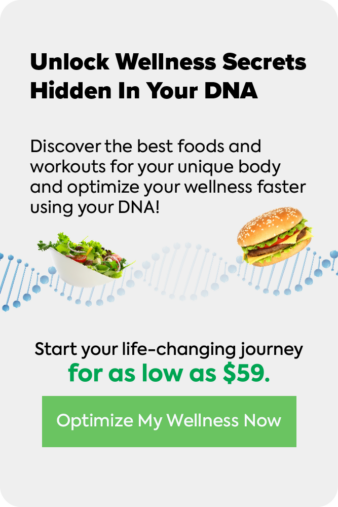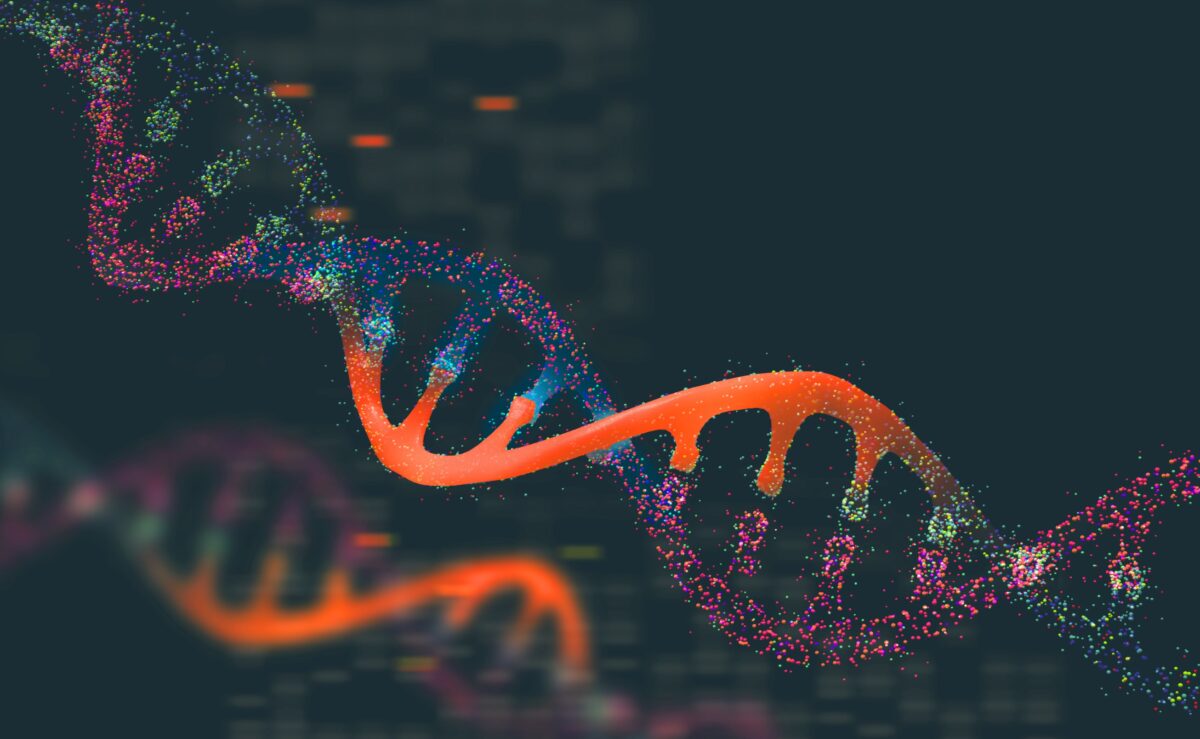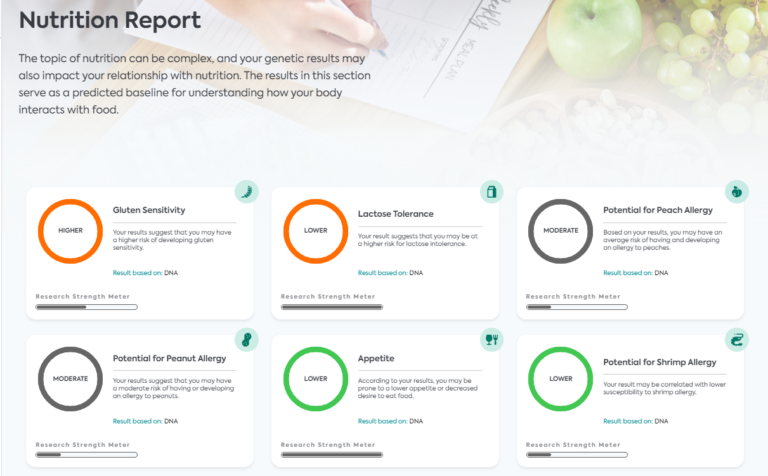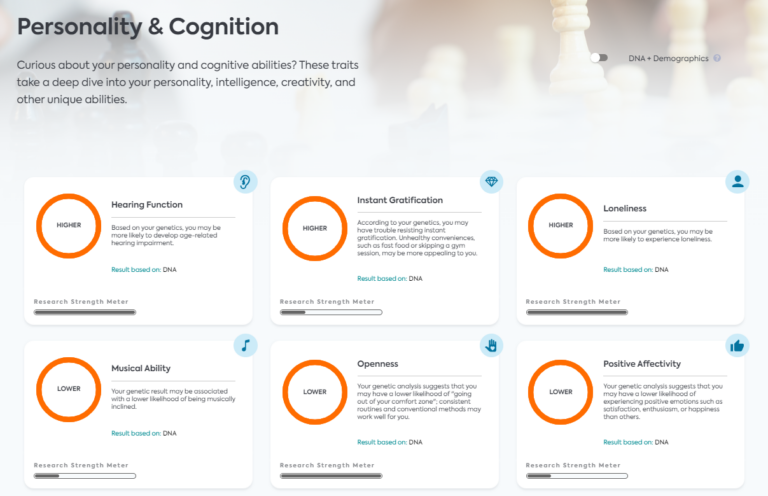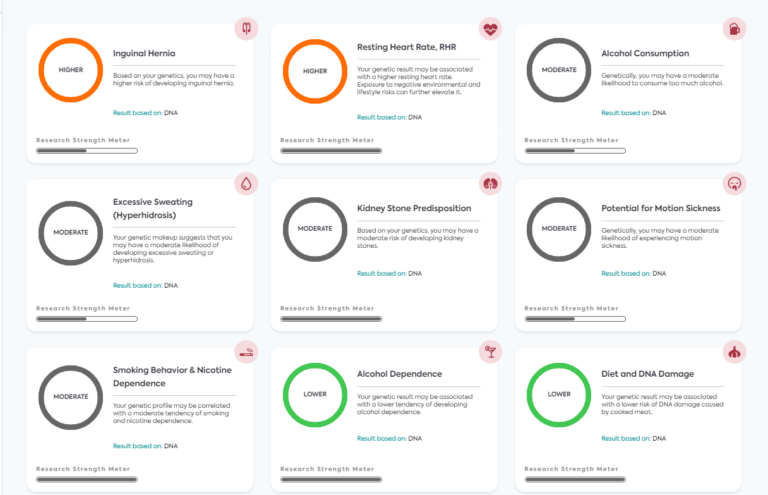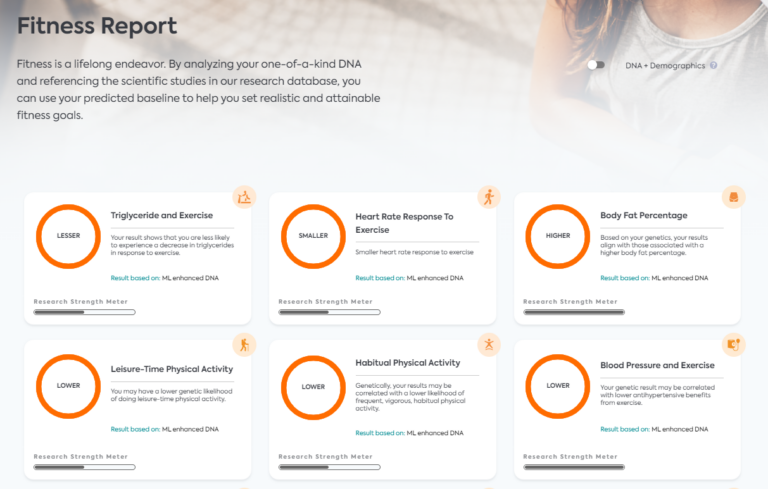Understanding 23andMe’s New PRS Reports
Jess
on
May 25, 2024
Latest Posts
Table of Contents
Understanding 23andMe’s New PRS Reports
Date of Content: May 25, 2024
Written by: Avanthika Nityanand
Reviewed by: Maarit Tiirikainen, PhD
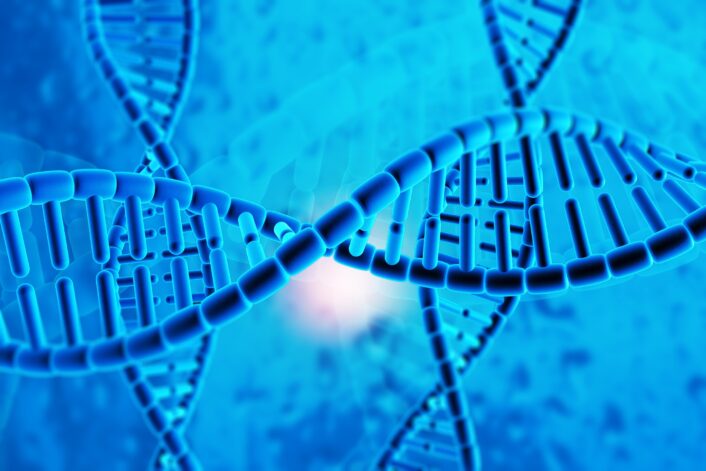
The latest offering from 23andMe includes three new Polygenic Risk Score (PRS) reports on breast, prostate, and colorectal cancer. These reports use comprehensive genetic data and statistical models to assess an individual’s risk of developing these cancers.
Also read: Understanding Polygenic Risk Scores
Here’s a deeper look into how these reports work and what they offer:
Polygenic Risk Scores
- PRS aggregates the effects of hundreds to thousands of genetic variants across the genome, each contributing a small amount to the risk of developing a particular disease. Unlike traditional genetic tests, which focus on a few high-impact mutations, PRS provides a broader view of genetic susceptibility.
- 23andMe developed the PRS reports using its vast database of genetic information and self-reported health data from consenting participants. This robust dataset allows for accurate risk assessment models tailored to various populations.
Cancer Types Covered
- Breast Cancer: This report is available only to women. It assesses the risk based on common genetic variants influencing breast cancer susceptibility.
- Prostate Cancer: Available for men, this report evaluates the risk of developing prostate cancer by analyzing relevant genetic variants.
- Colorectal Cancer: This report is available to individuals of European and Latino/Hispanic descent due to the current limitations in genetic research data for other ethnicities. It assesses risk based on common variants associated with colorectal cancer.
Integration with Existing Reports:
- Genetic Health Risk Reports: The new PRS reports complement 23andMe’s existing Genetic Health Risk reports, which focus on rare but highly impactful genetic variants. For instance, the BRCA1/BRCA2 (Selected Variants) report identifies specific mutations that significantly increase breast cancer risk.
- Combined Approach: By combining PRS with traditional genetic health risk assessments, users receive a comprehensive overview of their genetic risk profile for these cancers.
Personalized Insights
- Risk Interpretation: The reports provide users with their relative risk compared to the general population, helping them understand how their genetics may influence their likelihood of developing these cancers.
- Health Recommendations: While the reports do not offer clinical action steps or diagnoses, they emphasize the importance of maintaining healthy lifestyle habits and regular screenings and suggest discussing findings with healthcare providers.
How 23andMe Users Can Access These Reports
23andMe offers different membership plans that grant access to these new reports:
23andMe+ Premium Membership
- Features: This plan includes access to the new cancer PRS reports, as well as additional health reports, ancestry insights, and wellness reports.
- Benefits: Premium members receive more comprehensive genetic insights, which can aid in proactive health management.
23andMe+ Total Health Membership
- Features: This plan offers the most extensive range of reports and insights, including all features of the Premium membership, plus additional in-depth health information and tools.
- Benefits: Total Health members gain access to an even broader spectrum of genetic data and personalized health recommendations.
Significance of the Reports
The release of these new reports marks a significant advancement in personalized medicine. Cancer risk assessments have focused on rare but highly impactful genetic variants such as BRCA1/BRCA2 variations. While these variants are crucial, they do not account for the full spectrum of genetic risk.
The new PRS reports can fill this gap by considering the cumulative effect of many common genetic variants, providing a more comprehensive view of an individual’s cancer risk. This approach recognizes that genetics, lifestyle, and environmental factors influence cancer susceptibility. It emphasizes the importance of a holistic approach to health.
Pros of the New PRS Reports
- Comprehensive Risk Assessment: By analyzing thousands of genetic variants, the PRS reports offer a detailed risk profile that can identify individuals at higher risk who might not carry the well-known high-impact mutations.
- Informed Decision-Making: These reports empower individuals with knowledge about their genetic risk, enabling proactive health management through lifestyle changes and regular screenings.
- Personalized Health Insights: Integrating genetic data with self-reported health information allows for tailored health recommendations, enhancing the relevance and applicability of the findings.
Cons of the New PRS Reports
- Limited Ethnic Diversity: Currently, the colorectal cancer PRS report is only available for individuals of European and Latino/Hispanic descent, highlighting a broader issue of limited diversity in genetic research. Efforts are underway to address this, but it remains a limitation.
- Non-Diagnostic Nature: These reports do not provide clinical recommendations or diagnoses, which may leave some users uncertain about the practical steps they should take following their risk assessment.
- Potential Anxiety: Learning about an increased genetic risk can cause anxiety and stress, especially if users do not have access to adequate support and counseling to interpret and act on the information.
Also read: Polygenic Risk Scores for BMI Prediction
Takeaway
The introduction of 23andMe’s new cancer PRS reports represents a significant leap in genetic testing and personalized medicine. By offering a more nuanced understanding of cancer risk that includes the cumulative effect of numerous more common genetic variants, these reports provide valuable insights that can inform health decisions and potentially lead to better outcomes through early intervention and lifestyle adjustments.
However, it is crucial to address the limitations related to ethnic diversity and provide adequate support to help users navigate the implications of their genetic risk information. As genetic research continues to evolve, these reports pave the way for more inclusive and actionable health insights, ultimately contributing to the broader goal of personalized healthcare.
References
- https://investors.23andme.com/news-releases/news-release-details/23andme-launches-new-genetic-reports-common-forms-cancer
Customer Reviews




*Understanding your genetics can offer valuable insights into your well-being, but it is not deterministic. Your traits can be influenced by the complex interplay involving nature, lifestyle, family history, and others.
Our reports have not been evaluated by the Food and Drug Administration. The contents on our website and our reports are for informational purposes only, and are not intended to diagnose any medical condition, replace the advice of a healthcare professional, or provide any medical advice, diagnosis, or treatment. Consult with a healthcare professional before making any major lifestyle changes or if you have any other concerns about your results. The testimonials featured may have used more than one LifeDNA or LifeDNA vendors’ product or reports.

